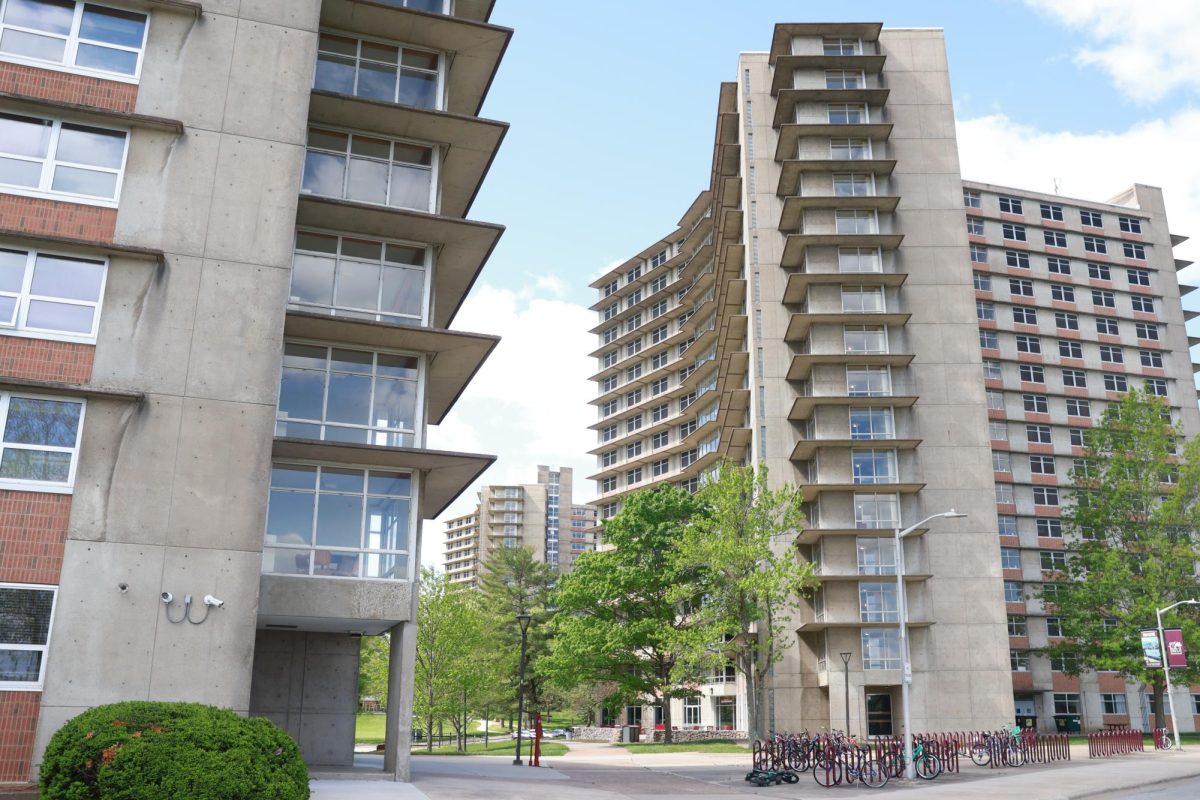Carbondale’s cannibis citations are on fire
August 31, 2004
Nearly seven months after the city adopted an ordinance regarding cannabis and paraphernalia violations, Carbondale Mayor Brad Cole thinks, “We’re all still winners.”
The ordinance, which was approved in March, allows the city to fine offenders possessing less than 10 grams of marijuana or paraphernalia rather than sending the case to the State’s Attorney’s Office or the county court system.
However, City Council member Steven Haynes, who cast the only opposing vote against the city ordinance, said if he had to vote again, he wouldn’t change a thing.
Advertisement
“I don’t think it was the appropriate message to be sending to our young people and to the citizens of Carbondale,” Haynes said. “The city would basically only give you a slap on the wrist.”
Since March, the Carbondale Police Department and SIUC Department of Public Safety have cited 33 cannabis ordinance violations and 24 paraphernalia violations.
Within the last week, the University police have cited four SIUC students for the possession of cannabis, all of which occurred on campus.
Offenders cited with violating the city ordinance can face fines ranging from $250 to $750 and can also be eligible for pay-by-mail citations and the Community Service Program.
Cole said the ordinance also prevents lengthy court processes and damage to the offender’s criminal record, while alleviating excess administrative work for the county.
According to City Attorney Deborah Nelsen, the fines collected go directly to the city and are put in its general fund.
If each of the 67 individuals cited for violating the ordinance paid the minimum fine of $250, the city would have already generated more than $16,000.
Advertisement*
Even though all cases are now dealt with by the city, Nelsen said she does not think the ordinance has created a burden for the city.
“There haven’t been any problems yet,” Nelsen said. “It’s been right along with what we expected.”
Cole said the ordinance seems to be working well and believes it is still a “win-win-win” situation for the city, offenders, the State’s Attorney’s Office and county court system.
However, Haynes said he continues to question the ordinance.
“It’s one of those situations where we are trying to improve our ‘party image’ and we took one step forward but two backwards,” he said.
Advertisement








